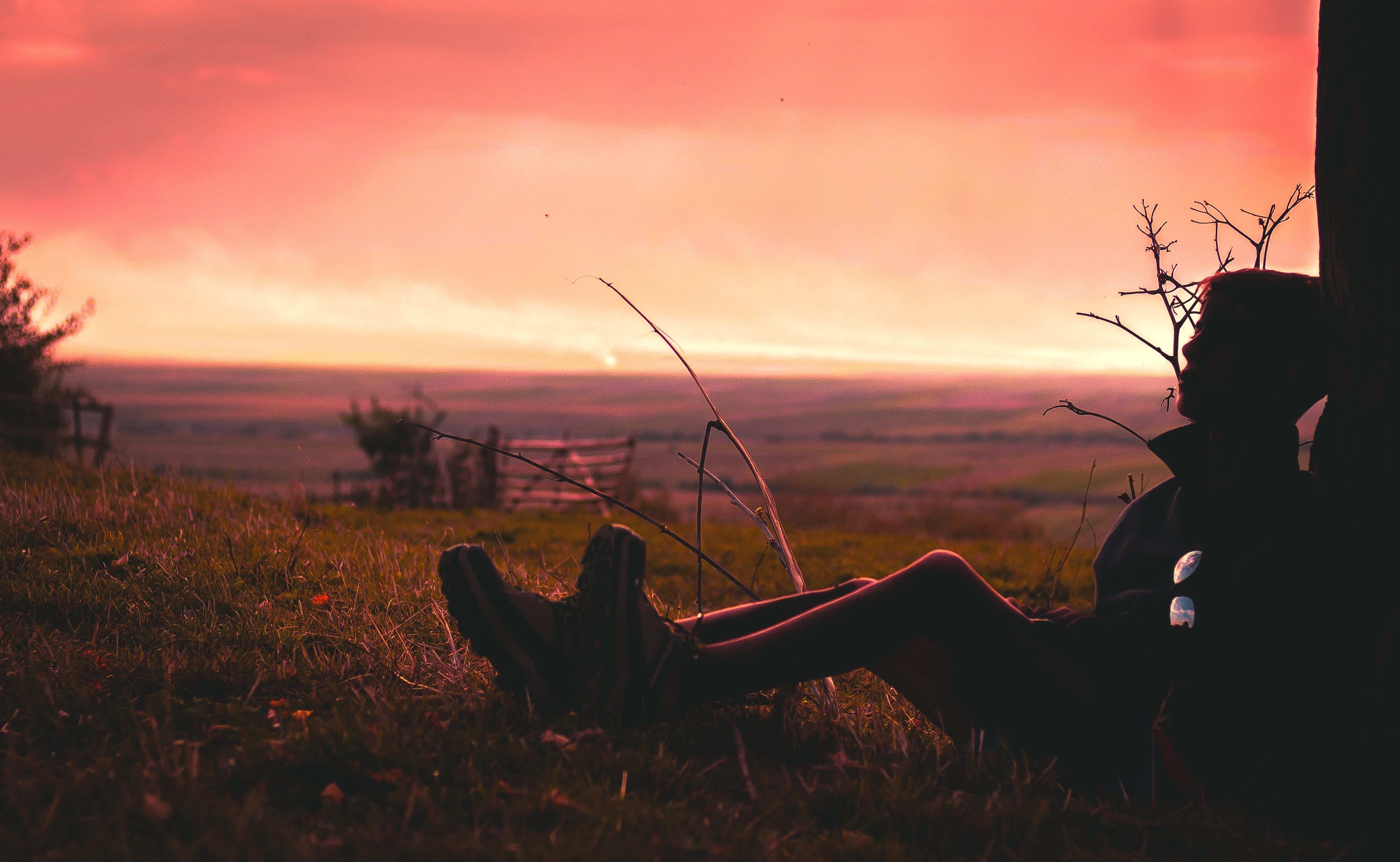We call ourselves human beings, but human doers may be a more accurate term, considering most of us spend much more time “doing” than simply “being.”
While doing is task-oriented, simply being gives us the space to explore, to be curious, to be creative. Curiosity is one of our natural instincts. A baby’s sensory perception begins in the second half of pregnancy. Babies can smell the perfume their mothers wear and what they just ate. One of the most important traits to develop is our natural desire to explore. Watch babies. They are fascinated with everything. They are happy to be with an object long after adults get bored and walk away.
Then we are trained into doing.
By other doers.
And we are rewarded for our doing.
Not our being.
And we wonder why we have a hard time resting.
For me, “doing” became an essential part of my identity. Which made “not doing” a threat to my identity. Imagine how much fun I was to be on vacation with.
While doing is essential, the importance of rest shouldn’t be underestimated. Study after study finds rest and periods of reflection and contemplation critical for creativity, growth and information synthesis.
Although exploring, resting and playing are inherent in us at birth, for many adults, rest is something we need to practice to do again. After a lifetime of doing, simply giving ourselves the freedom and space to rest takes a little retraining.
My first recommendation for how to make the most of your rest time is to make a decision first: Are you going to be a human being at rest, or are you going to be a human doing the activity of rest time?
The Practice of Being at Rest
If you decide to be a human being at rest, here are three tips to set yourself up for success:
- Start small.
Sure, it sounds great to go from Mach 1 speed with a hair-on-fire schedule to feet up in front of a fireplace or toes in the sand (or whatever your expression of exquisite rest and relaxation looks like). And some of us can do it. But for the majority of us who can’t, here’s why: We are creatures of habit. It only takes about 60 days to form a habit. So how long have you been running around doing 100-hour work/life weeks? And you want to go from that to hanging out by next week? Right. See the mathematical impossibility of this?
Here’s the remedy: Start small. You can start creating a habit of rest right now in readiness for the big time off.
Set your timer and take a respite from whatever you are doing for one minute a day. That’s it.
Put your feet up or walk away from your computer or phone or whatever will give you rest. Be deliberate. One minute. That’s it. Work up to 10 minutes a day. Then make that 10 minutes consistent for 10 days. For those who really want to be human beings, do six 10-day rounds.
- Be specific.
What are you resting from? What do you need a respite from? Do you need a rest from solving problems? From spending all your time with others? From fighting with a loved one? From not doing any physical activity? From traveling? From technology? Get specific. Do you need physical, mental or emotional rest?
- Set yourself—and everyone else—up for success.
Once you’ve decided to “be” instead of “do”—and experience what that feels like—set yourself up for success. If you decide you need rest from your iPhone, make a commitment to that.
First, decide how you will “be” while you are not “doing” with your phone—breathing, resting with your eyes closed, thinking about something great. Next, be intentional. Put your phone where you cannot see it. Turn it off. Put it in a different room and walk away from it. Go for a walk without it.
To set others up for success, set clear lines around your rest time. If you have set aside 10 minutes or 10 days to be different, make sure others know where the new line is. If you have set aside 10 minutes to just be quiet, make sure those who this may affect know you’re unreachable during this time. Set up whatever support system you need to keep your 10 minutes or 10 days intact. Remember the commitment starts with you committing to this time. Others will follow your lead if you are clear with your lines and intention. Be prepared that they may not believe you at first, but if you stay consistent, they will believe in your commitment. And so will you.
Rest for Success
A frequently asked question around this practice is, “But how is taking time off going to help get things done? Does one minute or 10 minutes really make a difference?”
Try it.
You will be amazed at how much more productive you can be when rest—the natural state for restoration—is integrated into your life.
Physically, rest is important for restoring our immune systems. Think about how often you get sick when you are run down versus rested.
Mentally, when we take a break we can find renewed passion for what we do.
Emotionally, when we change gears, check out and become fascinated with just existing, we find time disappears and with it stresses and pressures.
Transformation happens in an instant. The pieces may take a bit longer to re-arrange but transformation happens in one moment: the moment you decide to be.
As I said, try it. Please send me what you discover when you just hang out for a moment, not doing anything, just being—with yourself, with others.
Transformation happens in an instant. The pieces may take a bit longer to re-arrange but transformation happens in one moment: the moment you decide to be. The moment you take a rest from doing whatever it is you are used to doing, which is only a habit you’ve gotten into, and decide to be different.
And for those of you who are really struggling with the concept of rest as critical, you can look at this way: give yourself permission to be as a thing to do.
For those of us who want to help transform our world for the better, it is critical we learn how to rest—so we can help others do the same.
If you want to be your most innovative self, becoming comfortable resting—so your mental, emotional, physical, energetic systems can restore—is imperative. Want to grow your impact? Understand this: Your impact is in direct proportion to your ability to rest.

